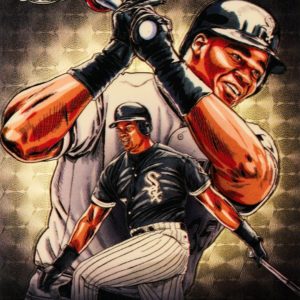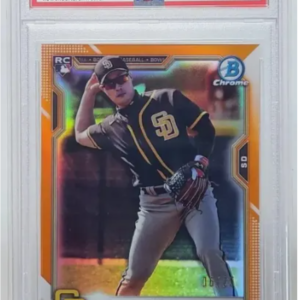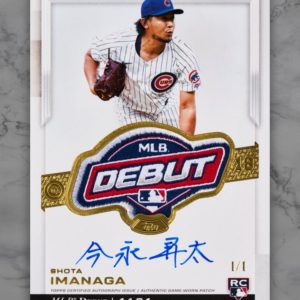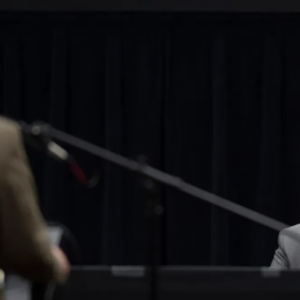Marvin Harrison Jr., the promising NFL rookie drafted by the Arizona Cardinals, is finding himself caught in a whirlwind of uncertainty regarding his trading card and autograph rights. As he bids farewell to his college football career at Ohio State and steps onto the grand stage of professional football, the future of his merchandising ventures remains in a state of limbo.
Before his final season at Ohio State, Harrison inked a multi-year agreement with Fanatics, an established player in the sports merchandising industry. This deal initially covered a wide array of merchandise, including autographs, trading cards bearing his image, and even game-worn apparel. Last season, enthusiasts could find his sticker autographs gracing the Topps’ Bowman U line, adding to his growing presence in the memorabilia market.
However, the pivotal step of signing with NFL Players Inc., the entity responsible for managing the collective marketing rights of NFL players, remains pending for Harrison. This agreement is crucial for players looking to feature in officially licensed NFL merchandise, such as trading cards and team jerseys. The delay in signing this agreement is reportedly tied to Harrison’s quest for a more financially lucrative deal with Fanatics as he embarks on his professional journey.
Should Harrison and Fanatics reach a new agreement, the likelihood is that Topps, now under the wing of Fanatics, would take charge of producing his NFL trading cards and autographs. This could potentially sideline his autograph cards from Panini’s trading card collections, as Fanatics often secures exclusive partnerships in their deals. The result could see Harrison’s merchandise predominantly tied to the Fanatics brand, limiting his presence in other merchandise lines.
This state of affairs draws parallels to the experience of CJ Stroud, another Ohio State alum and current quarterback for the Houston Texans. Stroud also opted for an exclusive deal with Fanatics but managed to strike a separate arrangement with the NFLPA’s marketing body. This compromise allowed Panini, a notable player in the trading card arena, to feature Stroud in their card assortments, while Fanatics retained the rights to his autograph cards upon his initiation into the NFL.
Despite the ongoing negotiations surrounding his official NFL merchandising status, Harrison remains proactive in engaging with his loyal fanbase. Directly through his personal website, he continues to offer autographed merchandise, ranging from jerseys to helmets and footballs. This direct interaction underscores his commitment to his supporters, even as the background negotiations play out behind the scenes.
As Marvin Harrison Jr. navigates the complexities of transitioning from a college football standout to a burgeoning NFL star, the scrutiny over his trading card and autograph rights underscores the intricate dance between player, franchise, and merchandising entities in the realm of professional sports. The final outcome of these negotiations will not only shape Harrison’s commercial footprint but also shed light on the evolving dynamics of athlete merchandising in the contemporary sports landscape.






